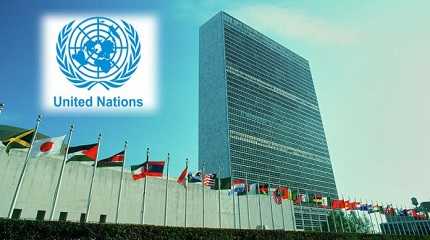
ADDIS ABABA, April 4 (Xinhua) -- The United Nations Office for the Coordination of Humanitarian Affairs (OCHA) has appealed for urgent funding to respond to growing humanitarian calamities in drought and conflict-affected parts of Ethiopia.
The UN body, in its latest situation update on Ethiopia issued late Monday, said an estimated 714 million U.S. dollars has so far been contributed toward the 2023 Ethiopian Humanitarian Response Plan (HRP-2023), corresponding to 18 percent of the HRP requirements.
Noting the impact of multiple crises including conflict, drought and floods that have continued to increase humanitarian needs across the East African country, the OCHA has called for urgent funding to respond to the growing humanitarian needs.
"Continued donors' support is urgent and critical to enable humanitarian partners to maintain and strengthen the delivery of assistance to vulnerable people in conflict and natural disaster-affected areas across the country," it said.
According to figures from the OCHA, more than 20.1 million people are food insecure in various regions of Ethiopia, including 2.73 million internally displaced people and 1.88 million returnees.
It said the humanitarian response in Ethiopia further requires scale-up considering the needs highlighted in the HRP-2023 to respond to the different humanitarian crises the people in Ethiopia are enduring.
As conflict-affected areas in northern Ethiopia become more accessible following the signing of the Cessation of Hostilities Agreement (COHA) in November last year, the OCHA said relief beneficiaries in Tigray, Amhara and Afar regions have continued to receive assistance, although not at the required scale.
The OCHA expressed concerns over worsening food insecurity in drought-affected regions, particularly in southern and south-eastern parts of the country, where livelihoods have been severely disrupted. It also said humanitarian interventions in drought-affected areas need to be scaled up beyond primary food and water provision to multi-sectoral humanitarian assistance in sanitation and hygiene, agriculture, health, and education so as to support the affected communities in rebuilding their lives.




